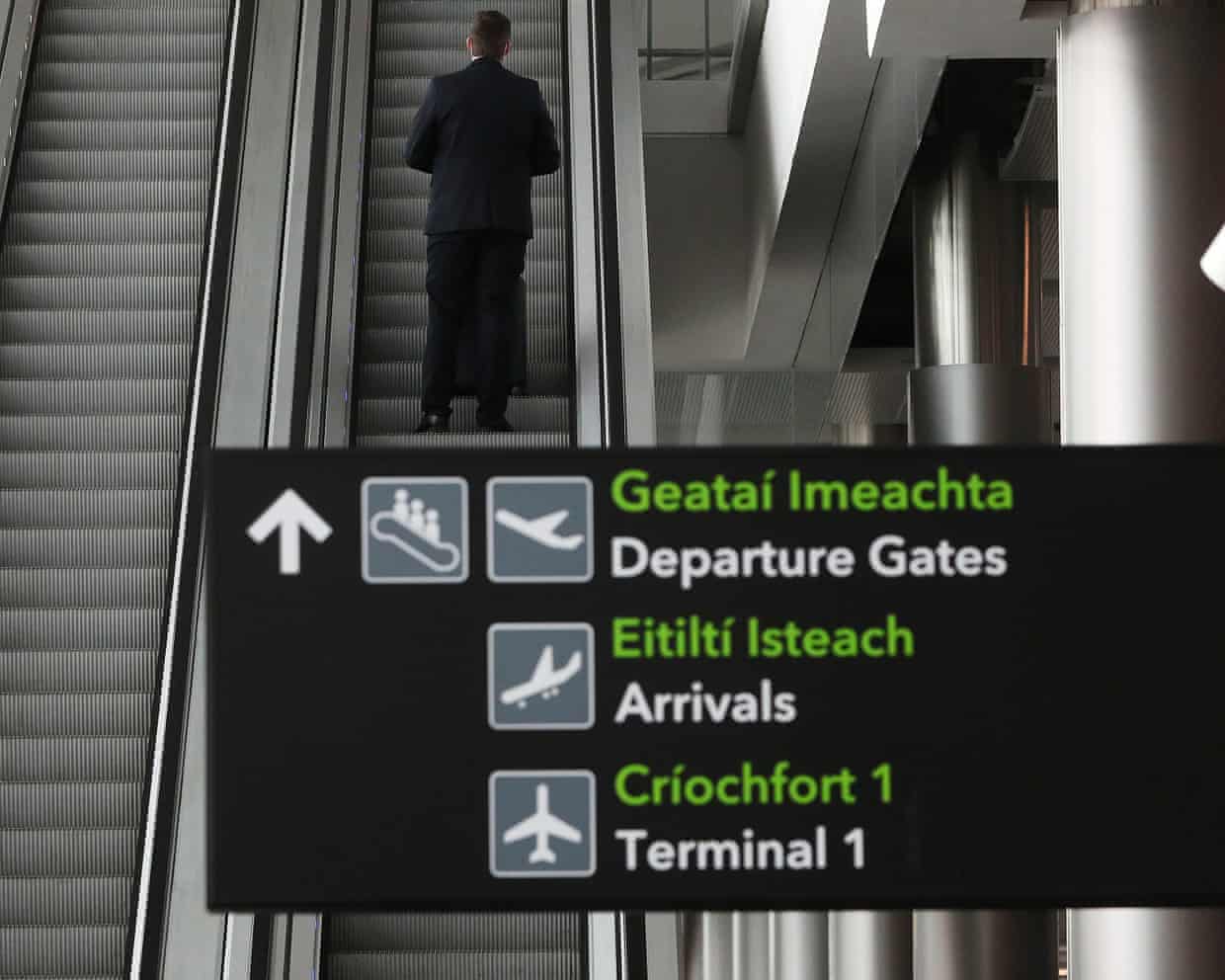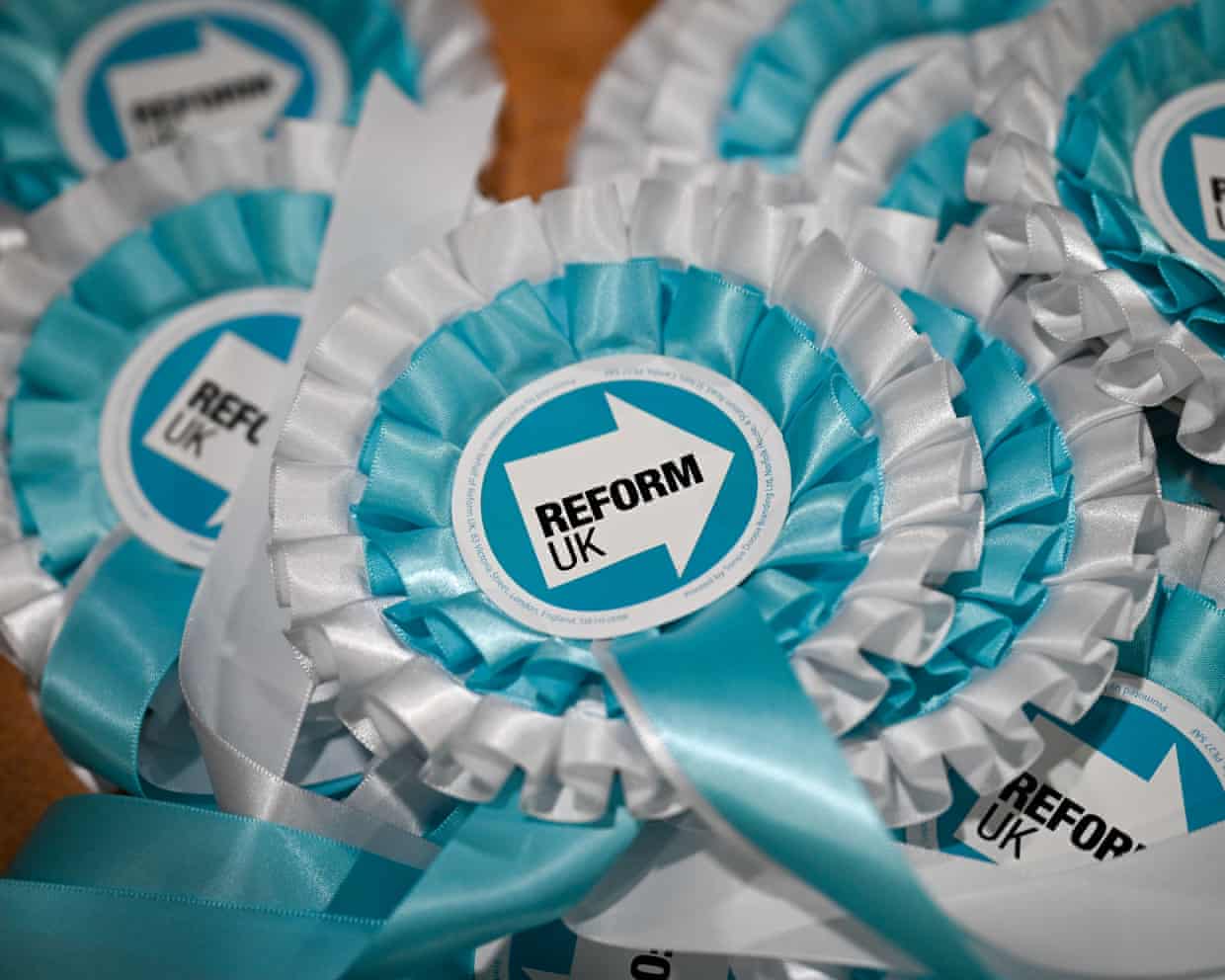Ducking annoying: why has iPhone’s autocorrect function gone haywire?

Don’t worry, you’re not going mad.If you feel the autocorrect on your iPhone has gone haywire recently – inexplicably correcting words such as “come” to “coke” and “winter” to “w Inter” – then you are not the only one.Judging by comments online, hundreds of internet sleuths feel the same way, with some fearing it will never be solved.Apple released its latest operating system, iOS 26, in September.About a month later, conspiracy theories abound, and a video purporting to show an iPhone keyboard changing a user’s spelling of the word “thumb” to “thjmb” has racked up more than 9m views.
“There’s a lot of different forms of autocorrect,” said Jan Pedersen, a statistician who did pioneering work on autocorrect for Microsoft.“It’s a little hard to know what technology people are actually employing to do their prediction, because it’s all underneath the surface.”One of the godfathers of autocorrect has said those waiting for an answer might never know just how this new change works – especially considering who is behind it.Kenneth Church, a computational linguist who helped to pioneer some of the earliest approaches to autocorrect in the 1990s, said: “What Apple does is always a deep, dark secret.And Apple is better at keeping secrets than most companies.
”The internet has been rumbling about autocorrect for the past few years, since even before iOS 26.But there is at least one concrete difference between what autocorrect is now and what it was several years ago: artificial intelligence, or what Apple termed, in its release of iOS 17, an “on-device machine learning language model” that would learn from its users.The problem is, this could mean a lot of different things.In response to a query from the Guardian, Apple said it had updated autocorrect over the years with the latest technologies, and that autocorrect was now an on-device language model.They said that the keyboard issue in the video was not related to autocorrect.
Autocorrect is a development on an earlier technology: spellchecking.Spellchecking started in roughly the 1970s, and included an early command in Unix – an operating system – that would list all the misspelled words in a given file of text.This was straightforward: compare each word in a document with a dictionary, and tell a user if one does not appear.“One of the first things I did at Bell Labs was acquire the rights to British dictionaries,” said Church, who used these for his early work in autocorrect and for speech-synthesis programs.Autocorrecting a word – that is, suggesting in real time that a user might have meant “their” as opposed to “thier” – is far harder.
It involves maths: the computer has to decide, statistically, if by “graff” you were more likely referring to a giraffe – only two letters off – or a homophone, such as “graph”.In advanced cases, autocorrect also has to decide if a real English word you’ve used is actually appropriate for context, or if you probably meant that your teenage son was good at “math” and not “meth”.Up until a few years ago, the state-of-the-art technologywas n-grams, a system that worked so well most people took it for granted – except when it seemed unable to recognise less-common names, prudishly replaced expletives with unsatisfying alternatives (something which can be ducking annoying) or apocryphally changed sentences such as “delivered a baby in a cab” to “devoured a baby in a cab.”Sign up to TechScapeA weekly dive in to how technology is shaping our livesafter newsletter promotionPut simply, n-grams are a very basic version of modern LLMs such as ChatGPT.They make statistical predictions on what you’re likely to say based on what you’ve said before and how most people complete the sentence you’ve begun.
Different engineering strategies affect what data an n-gram autocorrect takes in, says Church.But they are state-of-the-art no longer; we’re in the AI era.Apple’s new offering, a “transformer language model”, implies a technology that is more complex than old autocorrect, says Pedersen.A transformer is one of the key advances that underpins models such as ChatGPT and Gemini – it makes these models more sophisticated in responding to human queries.What this means for new autocorrect is less clear.
Pedersen says that whatever Apple has implemented, it is likely to be far smaller than familiar AI models – otherwise it could not run on a phone,But crucially, it is likely to be far harder to understand what is going wrong in new autocorrect than in previous models, because of the challenges of interpreting AI,“There’s this whole area of explainability, interpretability, where people want to understand how stuff works,” said Church,“With the older methods, you can actually get an answer to what’s going on,The latest, greatest stuff is kind of like magic.
It works a lot better than the older stuff.But when it goes, it’s really bad.” This article was amended on 1 November 2025.Unix is an operating system, not a coding language.

HMRC likely to have breached privacy laws in stopping child benefit – experts
Ministers may have breached privacy laws when they suspended the child benefit of thousands of families on the basis of flawed Home Office information, legal experts have said.At the same time, the UK’s data watchdog, the Information Commissioner’s Office, has contacted the national tax authority, HMRC, over the issues raised.Pressure on the government to reveal the reason incomplete Home Office travel data was used by HMRC as part of a benefit crackdown has mounted as the Liberal Democrat spokesperson for work and pensions, Steve Darling, said what had happened was “unacceptable”.“After the carers allowance repayments scandal, this news raises fresh concerns that things are seriously wrong within our welfare system, with people paying the price through no fault of their own.“Ministers must come clean on how exactly this error was allowed to happen in the first place, support affected families, and ensure that action will be taken to stop such mistakes from ever happening again

Reform councillor defects to Tories after party’s policies left him ‘uncomfortable’
A Reform UK councillor has defected to the Conservatives, saying he became uncomfortable in Nigel Farage’s party.James Buchan, who sits in the borough of Dartford in Kent, said he had struggled with the idea of facing his relatives while a member of a party whose anti-immigration policies spread fear.“I stood for election with the sole aim of working for my community and getting things done for local families. Having had the opportunity to see Reform from the inside, I’ve concluded that the party doesn’t really have the experience or ambition to do that,” he said.Buchan said he wanted to be able to “look my family in the eye and say, ‘that’s not who I am’” after Nigel Farage’s party announced plans to end indefinite leave to remain status

Ex-Tory member sues party over suspension for criticising Israel
A former Conservative member, whose grandfather was the archbishop of Jerusalem, is suing the party after he was suspended for making critical remarks about the state of Israel.Bruce MacInnes was told by Tory party officials that his “repeated allegation that Israel is committing genocide in Palestine” constituted “allegedly antisemitic”, “discriminatory” and “insensitive and highly offensive” language, which resulted in his suspension from the party last year.MacInnes, who says he did not initially know about the disciplinary proceedings despite the party claiming they had emailed him, is bringing legal action against the party for £30,000 in the high court for breach of contract and discrimination based on belief.The row has raised questions over freedom of speech within the party and has drawn criticism from former foreign minister Sir Alan Duncan who described the party’s treatment of MacInnes as “McCarthysim built on ignorance”.A member since 2018, MacInnes had often shared his views on the political situation in the Middle East on a WhatsApp group with other members

Bridget Phillipson ‘ready to take on unions’ over year 8 reading tests
Bridget Phillipson has said she is ready to take on the unions in a battle over compulsory reading tests for 13-year-olds and more extracurricular activities for all children to prevent them becoming “stuck in a doom loop of detachment” from school.The education secretary said that teaching unions, who have argued the tests were “unnecessary and distracting”, should “really think carefully” about whether they could justify standing in the way of tackling the “shocking outcomes” that exist for many working-class children.In an interview with the Guardian, in which she said her deputy leadership campaign was “just the beginning” of her efforts to help secure Labour a second term, Phillipson warned that one in four children overall, and one in three disadvantaged children, don’t meet required literacy standards.In response to the curriculum and assessment review published next week, there will be a new mandatory reading test for year 8 pupils in an attempt to tackle underachievement by working-class children. Schools will also be expected to informally assess writing and maths

UK politics: Worries about immigration are ‘manufactured panic’ says charity as poll shows issue not a local concern – as it happened
Concern about immigration is a “manufactured panic”, a campaign group has said after polling suggested only a quarter of people think it is an important issue locally.As PA Media reports, a YouGov poll found only 26% of people said immigration and asylum was one of the three most important issues facing their community. This was half the 52% who said it was one of the biggest issues facing the country as a whole.These figures have been set out in a report published by the Best of Britain campaign group. It also shows that, while immigration comes second in the list of issues that people say matter nationally, it is only seventh in the list when people are asked about what matters in the places where they live

Keir Starmer keeps Trumps’ silver necklace gift – for a price
Keir Starmer has paid to keep a personalised silver necklace given to him by Donald and Melania Trump, transparency records show.The necklace was the only gift Starmer chose to keep after he hosted the US president for a historic second state visit in September.The Trumps also gave the prime minister a golf club and a set of silver cufflinks, both personalised, but these were retained by the Cabinet Office. A pair of cowboy boots, given to Starmer’s wife, Victoria, by the Trumps has also been held by the department.Under government rules, ministers cannot keep official gifts worth more than £140 unless they pay the difference between £140 and the gift’s value

Australia’s richest person Gina Rinehart spotted at Donald Trump’s Halloween party

The Nord Stream riddle: echoes of mistrust ripple through Europe

John Lewis to open VIP lounge at Oxford Street store with free drinks and massages

A million young people aren’t in a job or training. Britain has a problem | Richard Partington

Victims robbed of £4bn in ‘insulting’ car loan redress scheme, say claims firms

Delivery firm DPD accused of ‘revenge’ sacking drivers who criticised pay cuts